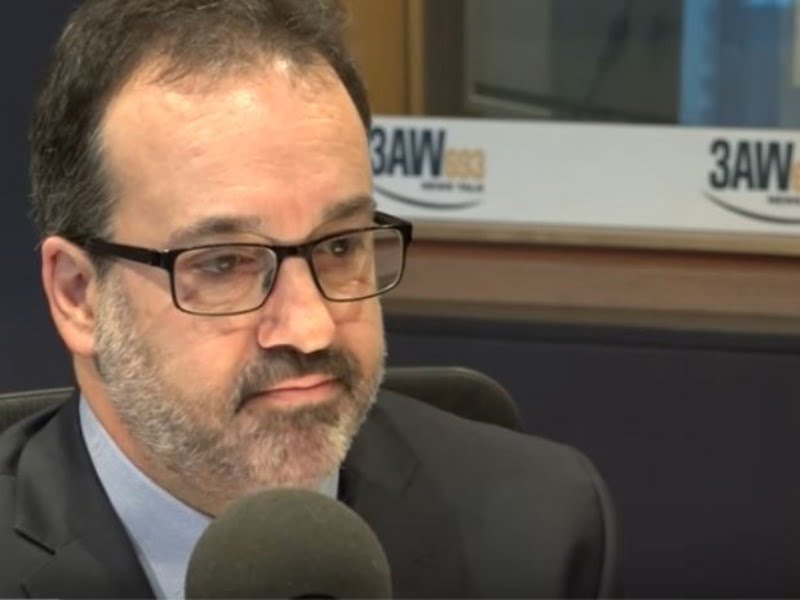There are “glaring omissions” in the federal government’s controversial planned changes to the research and development tax incentives and software development needs to be included in the legislation, according to Victorian innovation minister Martin Pakula.
The Senate Standing Committee on Economics is currently scrutinising the government’s plan to shave $1.8 billion from the research and development tax incentive (RDTI) through a number of reforms to the popular scheme.
In his submission, Mr Pakula said a number of Victorian companies had raised concerns, including that the changes would lead to a reduction in the total tax concessions, the complexities and ambiguity in the new rules and important omissions in the legislation.

He said that software development needs to be included in the legislation as an eligible R&D activity to counter the current confusion around the scheme for tech companies.
“The perception that their software R&D is not eligible, as well as the financial risk of having to appeal decisions or pay back RDTI funding, is currently a deterrent to legitimate software R&D occurring in Australia. The current bill does not seek to resolve this issue,” Mr Pakula said.
“I support calls from stakeholders in the software and startup sectors that the legislation explicitly name software development as an eligible R&D activity, as well as recommendations from the Small Business and Family Enterprise Ombudsman that greater clarity should be provided on the definition of eligible activities to reduce uncertainty and return confidence to businesses claiming the concession.”
There has been ongoing uncertainty around the country for tech companies making claims relating to software development activities, with a vast increase in the number of audits and claw-backs in recent years.
Another big omission from the RDTI legislation is a collaboration premium, which has been recommended by a number of reviews of the scheme. The premium would incentivise greater commercialisation activities as part of public-private partnerships.
“This is a glaring omission from the bill, and one that stakeholders in the tertiary sector have raised as a concern,” Mr Pakula said.
The new “intensity measure” to be introduced to calculate the size of the tax offset for larger firms will also lead to Victorian manufacturing firms moving overseas, Mr Pakula said.
“[This is] leading multinational companies in Victoria undertaking R&D as well as other activities, such as manufacturing, sales and technical support, report that the application of the proposed R&D intensity premium will dramatically increase their relative R&D costs in comparison with alternate international locations,” he said.
Most Victorian tech companies will see an effective reduction in their tax benefit from the RDTI if the legislation is passed unammended, Mr Pakula said.
“Financing is a challenge for these and other tech-focused sectors, and diminishing sources of finance risks sending intellectual property and commercialisation activities offshore,” he said.
“The refundable concessions are particularly vital to SMEs that are yet to become cash-flow positive.”
Do you know more? Contact James Riley via Email.

